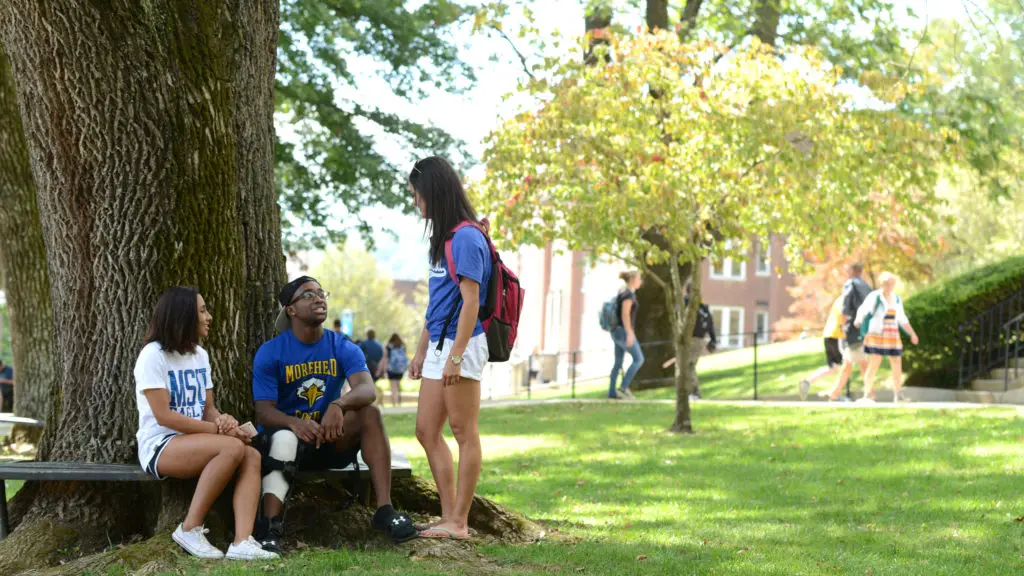A new study conducted by the University of Washington researchers has revealed that even a single discrimination event can affect the daily lives of college students.
The researchers surveyed 176 college students who were given Fitbit Flex 2 devices to track daily activities like time asleep and physical activity with an app installed on their phones to track location, activity, screen unlocking events, and phone call length.
Overall, researchers collected around 450 discrimination events and found a change in the behavior of students when they experienced an unfair event.
The study noted an increase in physical activities, with students getting less sleep, walking more steps, interacting five more times with their phones in the morning and making one additional phone call in the evening.
“It’s so hard to summarize the impact of something like this in a few statistics,” professor and senior author Jennifer Mankoff said.
“Some people move more, sleep more or talk on the phone more, while some people do less. Maybe one student is reacting by playing games all day and another student put down their phone and went to hang out with a friend. It’s giving us a lot of questions to follow up on.”
The study also found discrimination causing mental health issues like depression and loneliness. Those who had better social support were less susceptible to develop such issues.
“These results help underscore the deep impacts of discrimination on mental health,” Professor Paula Nurius said.
“And the importance of resources like social support in helping to reduce the impact of discrimination in the long term,” she added.
Female Athletes Sue University of Kentucky Over Gender Discrimination

